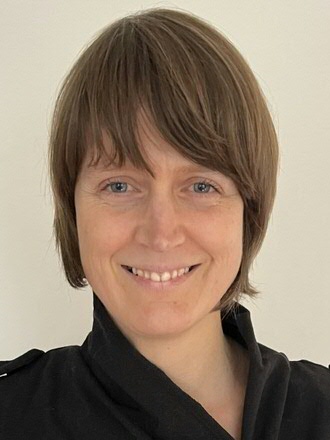Benoeming dr. Anet Weterings op bijzondere leerstoel Regionale en Circulaire Economische Ontwikkeling

De Faculteit Economie en Bedrijfskunde is verheugd de benoeming van Dr. Anet Weterings op de bijzondere leerstoel Regionale en Circulaire Economische Ontwikkeling aan te kondigen. Deze leerstoel is een gezamenlijk initiatief van FEB, de Faculteit Ruimtelijke Wetenschappen en de drie Noordelijke provincies: Drenthe, Friesland, Groningen. De drie Noordelijke provincies subsidiëren deze leerstoel, aangezien het thema Regionale Economische Ontwikkeling en Circulaire economie hoog op de Provinciale agenda staat. De leerstoel wordt gevestigd bij de C.R. Rao Stichting.
In haar rol als Bijzonder hoogleraar Regionale en Circulaire Economische Ontwikkeling zal Weterings wetenschappelijk onderzoek verrichten naar de regionale ontwikkeling van o.a. het noorden, waarbij de focus ligt op de circulaire economie, duurzame landbouw en de energietransitie. Het doel is om bij te dragen aan de kwaliteit van de politiek-bestuurlijke afwegingen binnen nationaal en regionaal beleid. Dit kan door kennis over regionale ontwikkeling en een duurzamere economie over te dragen aan regionale overheden, het bedrijfsleven en de maatschappij in het algemeen.
Bruggen bouwen
Naast haar hoogleraarschap aan de RUG blijft Weterings werkzaam bij het Planbureau voor de Leefomgeving (PBL) en zal ze de brug gaan slaan tussen het PBL en onderzoek binnen de RUG. Weterings is gepromoveerd in de regionale economie aan de Universiteit Utrecht en zette haar loopbaan voort bij het PBL, bij het cluster ‘Regionale economie’ van de sector Verstedelijking & Mobiliteit. Via haar onderzoek draagt zij bij aan de kwaliteit van de politiek-bestuurlijke afwegingen van nationale en regionale overheden.
Regionaal-economische veerkracht
Al sinds de start van haar loopbaan richt Weterings zich op het beter begrijpen van regionale verschillen in economische ontwikkeling. In de afgelopen vijftien jaar heeft zij haar aandachtsveld op een aantal manieren verbreed. Allereerst door haar focus te verschuiven van regionaal-economische groei naar regionaal-economische veerkracht. Ten tweede door de regionale economie niet alleen vanuit het perspectief van het bedrijf te bekijken, maar ook vanuit het perspectief van (potentiële) werkenden. Zo zijn regionaal-economische omstandigheden ook van invloed op de kansen dat werkzoekenden werk kunnen vinden én behouden. Ten derde richt Weterings zich steeds meer op vraagstukken rond de energietransitie, waarbij de regionale gevolgen centraal staan.
Meer nieuws
-
10 februari 2026
‘Regeneratie begint waar moed en verbeeldingskracht samenkomen’
-
09 december 2025
Zijn robots de oplossing?
